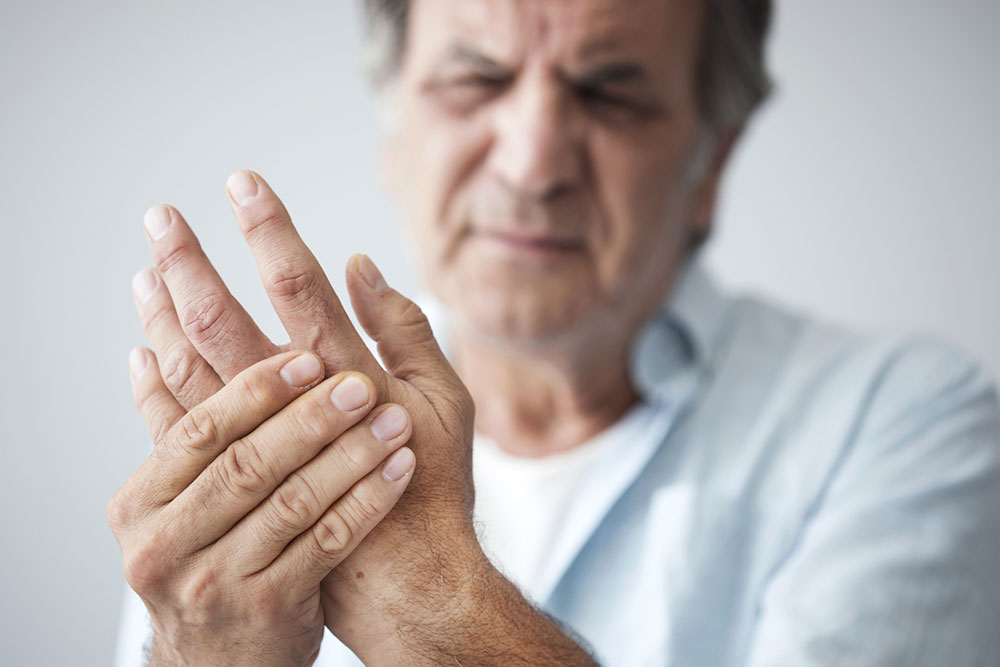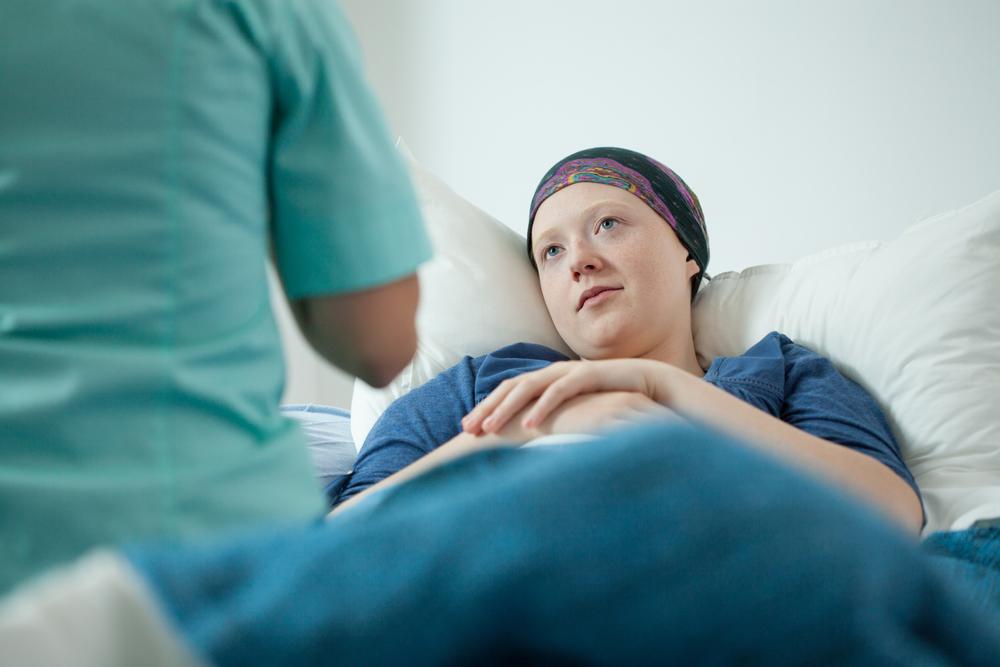Exploring Alternative and Complementary Therapies for Breast Cancer Support
Discover effective complementary and alternative therapies for breast cancer that support traditional treatments. Learn how practices like acupuncture, Ayurveda, Tai Chi, Reiki, and herbal remedies can help manage symptoms, reduce side effects, and promote holistic healing. Always consult your doctor before starting any new therapy to ensure safety and suitability for your condition.
Sponsored

While surgery and chemotherapy remain standard treatments for breast cancer, many patients seek additional therapies to enhance their well-being. Complementary and alternative methods provide support by helping patients manage the side effects of conventional treatments and restore overall balance.
What do these therapies involve?
These approaches focus on holistic healing—addressing physical, emotional, and spiritual health.
Complementary treatments are used alongside standard medical care, including practices like meditation, gentle exercises, and reflexology.
Alternative therapies aim to replace or supplement conventional treatments. While many traditional practices worldwide have been used for centuries, they lack the extensive scientific validation of Western medicine.
Notable alternative options include:
Acupuncture: This treatment has been studied for breast cancer symptoms, showing that it can reduce hot flashes, nausea, pain, and fatigue. Precautions include avoiding needle insertion in arms with lymph node removal.
Ayurveda: Uses diet, meditation, and massage to balance mind, body, and spirit.
Naturopathy and Homeopathy: Focus on herbal and natural remedies to encourage healing.
Chinese Practices Such as Tai Chi and Qigong: These gentle movements can help energy flow, with Qigong often recommended for advanced, inoperable cases alongside traditional therapies.
Reiki: A Japanese energy-healing technique where practitioners transfer healing energy through their palms to promote pain relief and relaxation.
Always consult your healthcare provider before adding any alternative or complementary therapy to your treatment plan to ensure safety and appropriateness.






